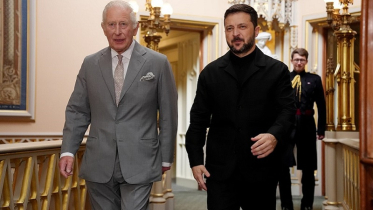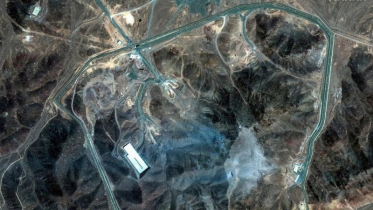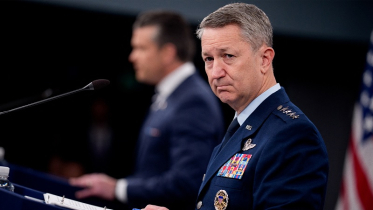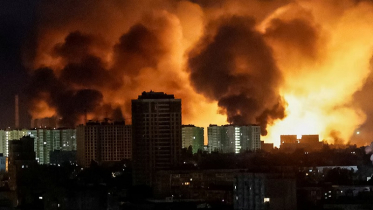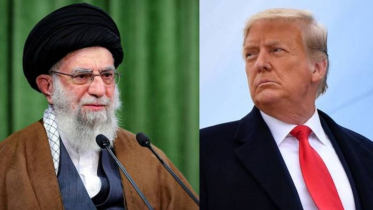Iran Warns U.S. Against Involvement as Israel Strikes on Iranian Commanders, Nuclear Sites
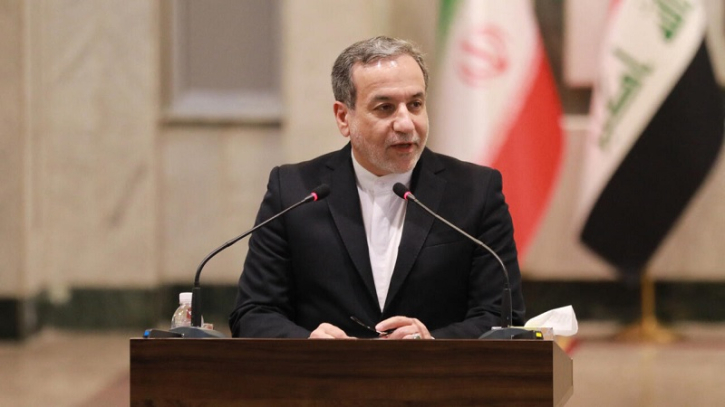
Published : 18:40, 21 June 2025
Tensions in the Middle East have escalated to a critical point as Iran warned the United States against any direct military involvement in the ongoing conflict with Israel, calling such action “very, very dangerous.” The statement came amid a dramatic intensification of Israeli strikes on Iranian military and nuclear targets.
Iran’s Stern Warning to Washington
Iranian Foreign Minister Abbas Araghchi issued the warning during an emergency press briefing in Tehran on Friday night. “If the United States becomes directly involved in this conflict, it will be very, very dangerous—not only for Iran but for the entire region,” Araghchi said, calling for the immediate cessation of Israeli attacks as a prerequisite for any diplomatic negotiations.
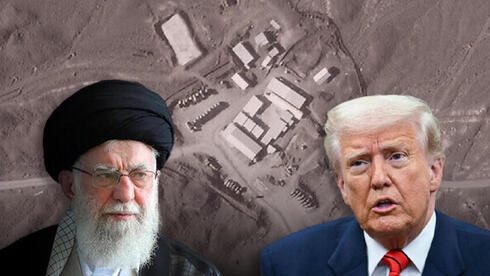
Supreme Leader Ayatollah Ali Khamenei echoed the sentiment in a televised address, declaring, “We will not surrender to Zionist aggression, and if the U.S. supports Israel militarily, they will be responsible for the consequences.”
Iran has hinted that American military bases across the Middle East could become targets if the U.S. intervenes directly.
Israel Targets Iranian Military Command and Nuclear Infrastructure
On Thursday night, Israeli Air Force launched one of its largest air raids in recent memory, striking Iranian Revolutionary Guard Corps (IRGC) facilities, intelligence headquarters, and several suspected nuclear sites in and around Isfahan. Up to 50 Israeli jets reportedly participated in the operation.
Israeli military officials claimed the strikes targeted underground centrifuge production facilities believed to be part of Iran’s advanced uranium enrichment program. While the Fordow nuclear site—a deeply buried and fortified facility—remains intact, damage was confirmed at other military installations.
In a televised statement, Israeli Defense Minister Benny Gantz said, “We have dealt a severe blow to Iran’s nuclear ambitions and command infrastructure. These operations will continue until the threat is neutralized.”
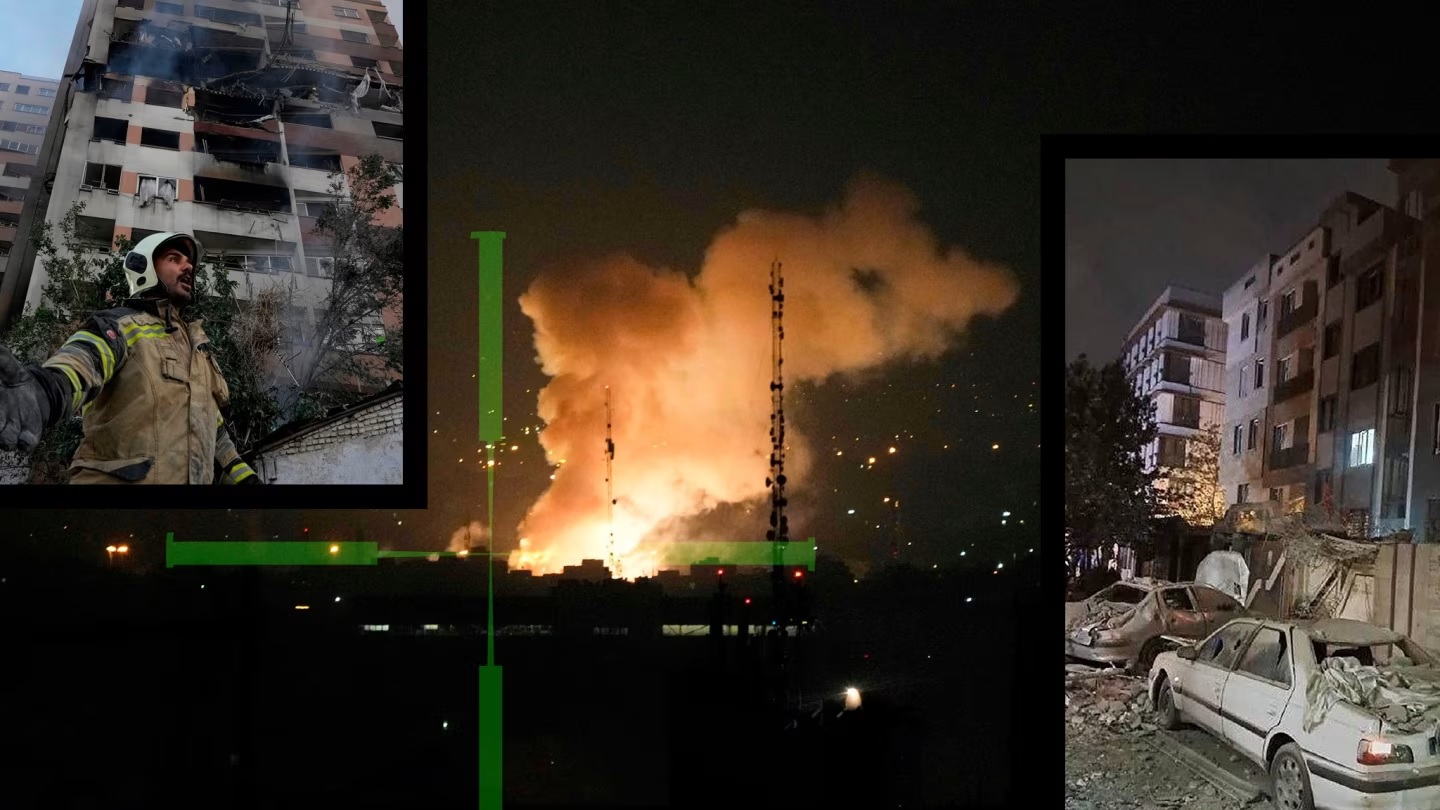
Casualties Mount on Both Sides
Iran’s Health Ministry confirmed more than 600 people killed, with over 2,000 wounded across multiple provinces, including Isfahan and Tehran. Among the dead are at least five senior IRGC commanders. Funeral processions have begun, drawing thousands into the streets amid rising anti-Israel and anti-American sentiment.
Israel has also suffered casualties. Iran retaliated with dozens of ballistic missiles and suicide drones targeting Israeli cities including Tel Aviv, Haifa, and Beersheba. Israeli emergency services report 39 killed and hundreds injured, mostly civilians.
Regional and Global Reactions
The Biden administration has not confirmed any plans for military action, but high-level discussions are reportedly underway at the Pentagon and National Security Council.
French President Emmanuel Macron and UN Secretary-General António Guterres have called for immediate de-escalation. “The region is on the brink of a full-scale war. All sides must stand down,” Guterres warned.
The UK, Australia, and several EU countries have begun evacuating embassy staff from Tehran. Meanwhile, Qatar and Turkey have offered to mediate.
Diplomatic Window Narrowing
Iran’s government has said it will only return to nuclear talks if Israel halts its attacks and U.S. involvement is ruled out. However, Israel maintains that pre-conditions are unacceptable, accusing Iran of harboring nuclear weapons ambitions.
President Donald Trump, currently seeking re-election, told reporters he is reviewing “all options on the table” but emphasized he would "not allow Iran to obtain nuclear weapons."
What Comes Next?
As both nations dig in, the risk of a broader regional conflict is growing. Analysts warn that further provocations could draw in Hezbollah, U.S. forces, or even Gulf states.
For now, the world watches anxiously as diplomacy struggles to gain traction and the specter of a wider war looms larger than ever.
Source: Al Jazeera, BBC News, CNN, Reuters.
BD/O



